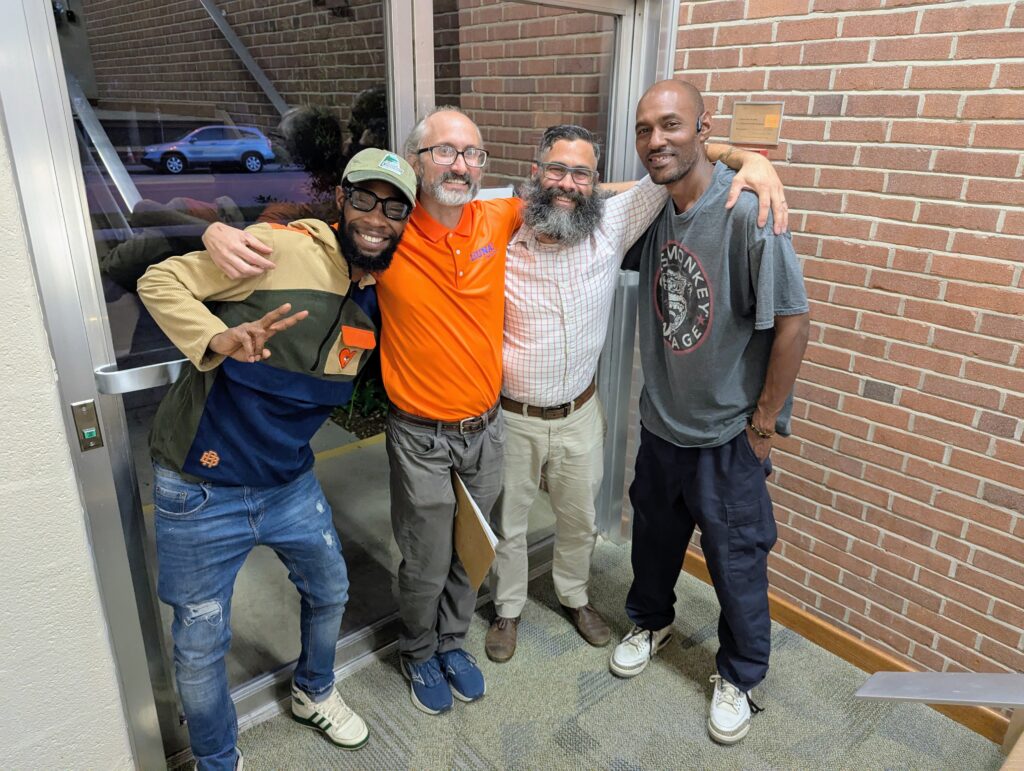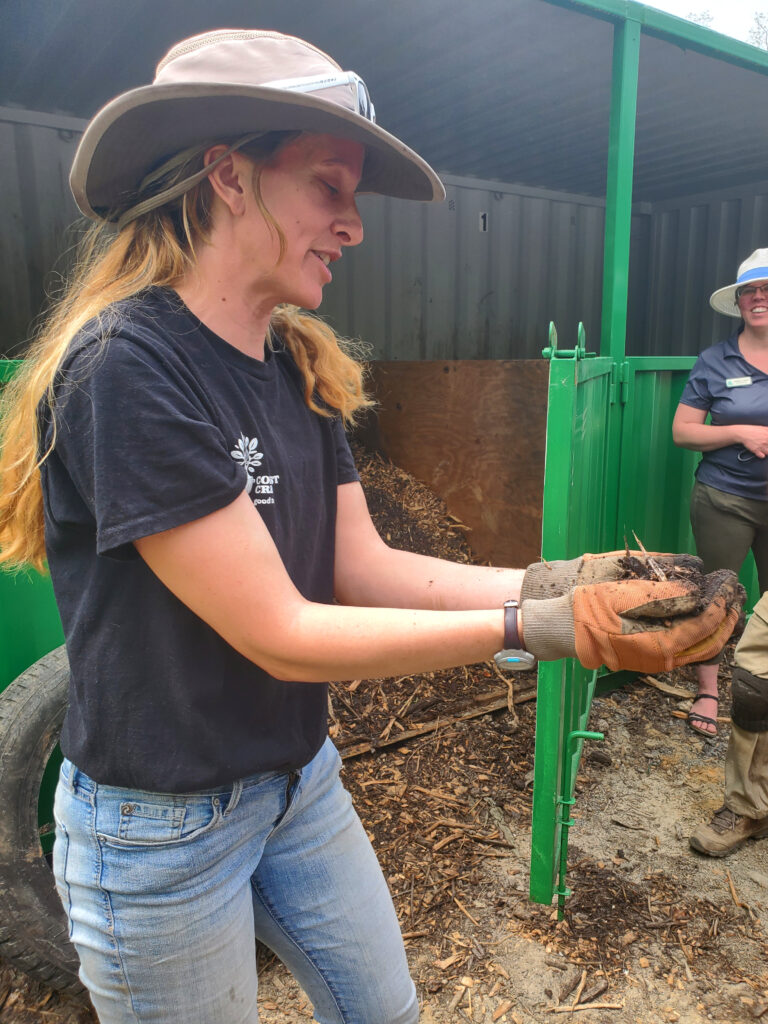Amid a disaster, the most vulnerable members of a community are at increased risk of falling through the cracks. In Greenbelt, two city programs, designed to look out for members of the community more likely to struggle, are providing services during the COVID-19 pandemic. GAIL (Greenbelt Assistance in Living) assists senior citizens and underemployed members of the community. It has restructured its services to cater to the unique needs of clients at this time. Christal Batey, a community resource advocate, reports seeing an increased need for services as the global economy becomes more unstable. “In 2008, when the economy dropped significantly, we expanded our reach to the unemployed and underemployed,” she noted. As a result of economic turmoil caused by COVID-19, Batey says “the number of people seeking assistance has grown immensely.” A number of GAIL programs have been altered to accommodate new restrictions. One pressing issue is the ability to keep seniors in the community connected to loved ones while they are self quarantining. Technology opens many doors for communication, but using it does not come so naturally to people without prior experience. Batey says that one of the challenges, with social isolation and even before COVID-19, is that [some seniors] don’t have cable and don’t have internet access. She continued, “When those services are not available, all of a sudden you just have your telephone. There are so many things that people could be participating in and enjoying visually [on the internet] like seeing family. We’ve seen that as a challenge as we move to things like telemedicine, doing therapy and care via Zoom and that sort of thing. In many instances, you are missing a beat if you’re not connected.”
In response, GAIL is looking for ways for people without internet access to get Wi-Fi at a low cost in their homes. The hope is that isolated seniors will be able to find entertainment – be it an audio book or a Facetime call with relatives – to help weather COVID-19. Technology also plays a big role in the work CARES is doing. In fact, it is perhaps the only reason the service can keep functioning. CARES provides residents with therapy, mental health resources, crisis counseling and educational assistance. Liz Park, the director of Greenbelt CARES, says social distancing has predictably limited the staff’s ability to meet with clients face-to-face, but has not brought these services to a halt. Park says CARES has been able to “continue with all of [their] clinical clients who are able and want to continue using teletherapy services.” She says facilitating therapy sessions through Zoom has gone well so far, but notes engaging children virtually can be quite a challenge. “We’re getting creative in how we do some of the work we would do normally with kids. We use games and such.” CARES plans to accept new therapy clients shortly. Cognizant that more people may begin seeking mental health care for the first time amid the pandemic, Park says the organization is looking for creative ways to give more people access to their services, like starting group counseling sessions on Zoom. With things so uncertain, being prepared for what is happening right now and what is to come remains vital for the people of Greenbelt. GAIL and CARES are doing their parts to assist with the process.


